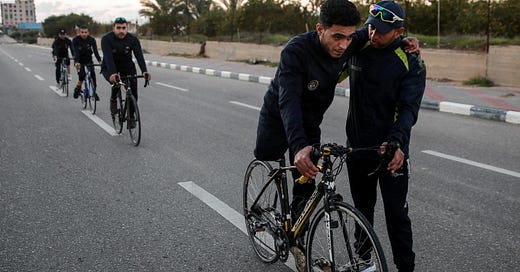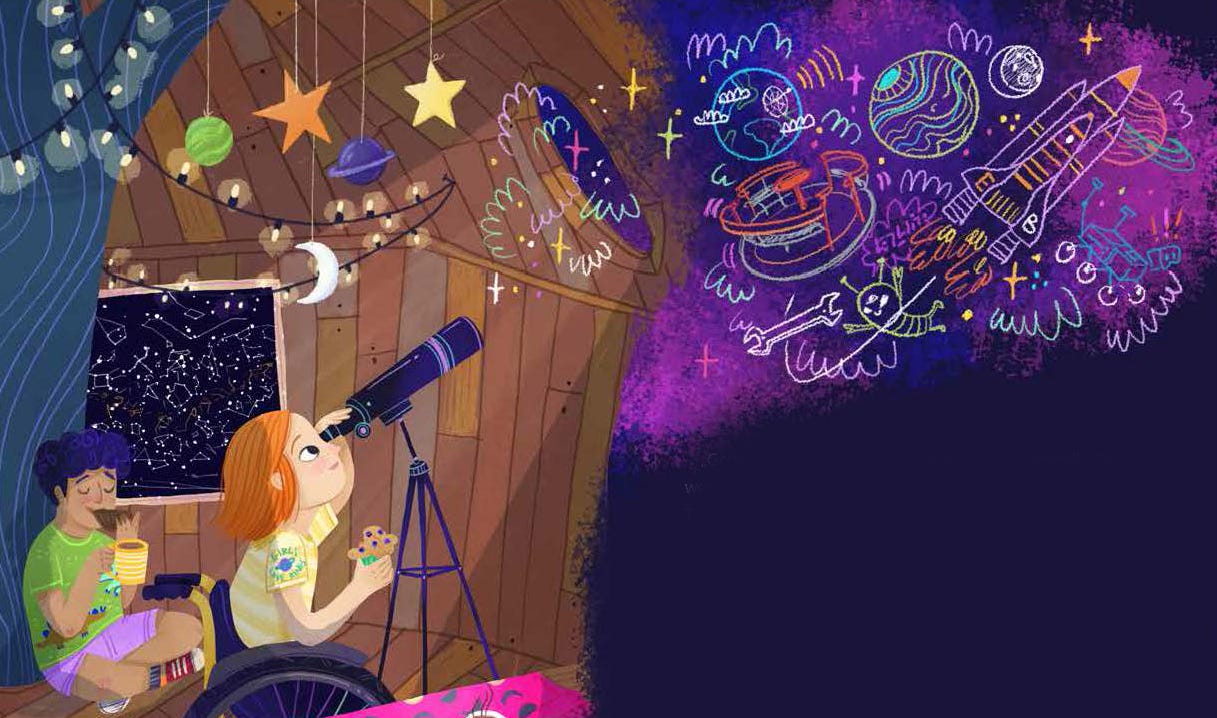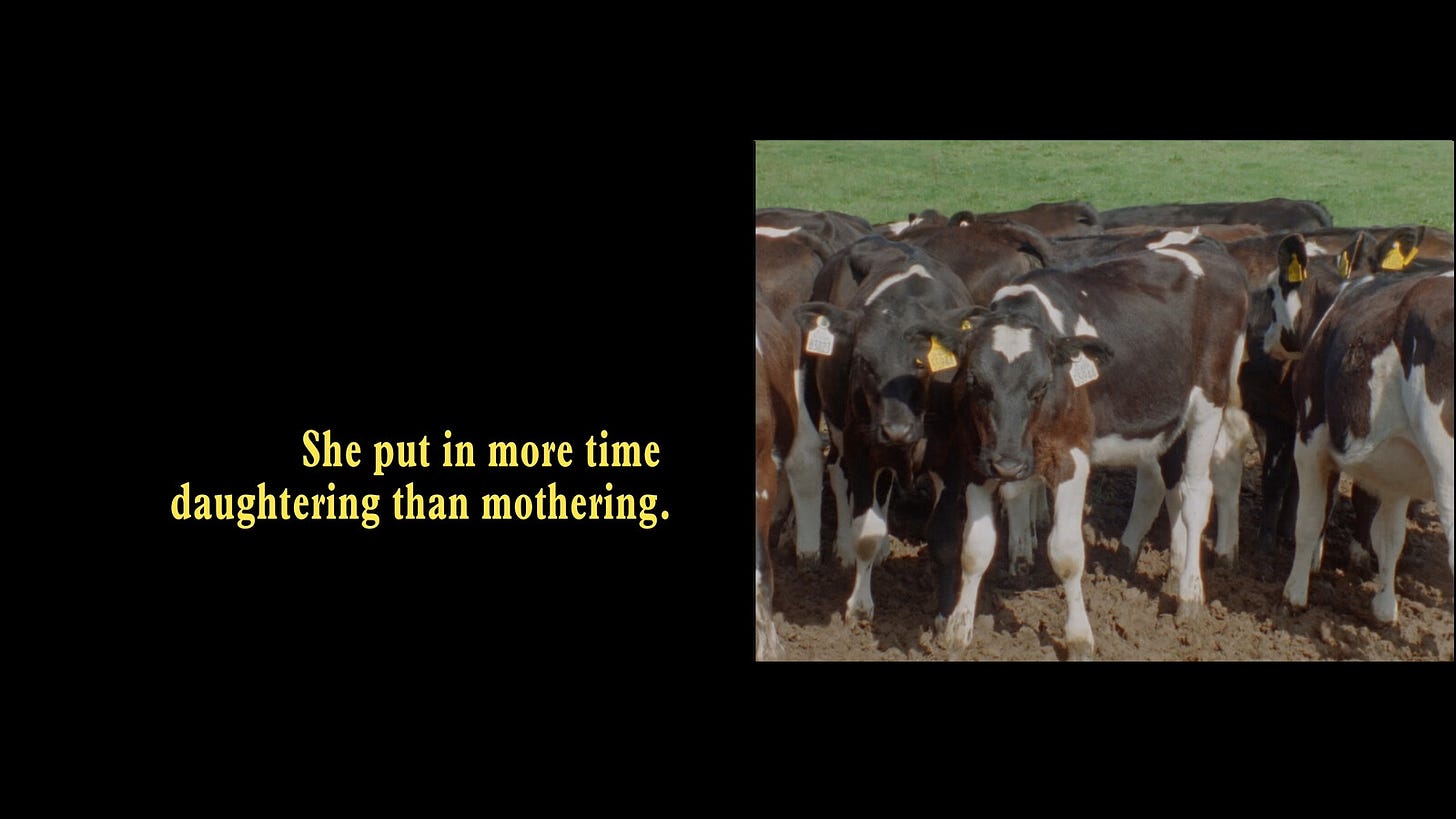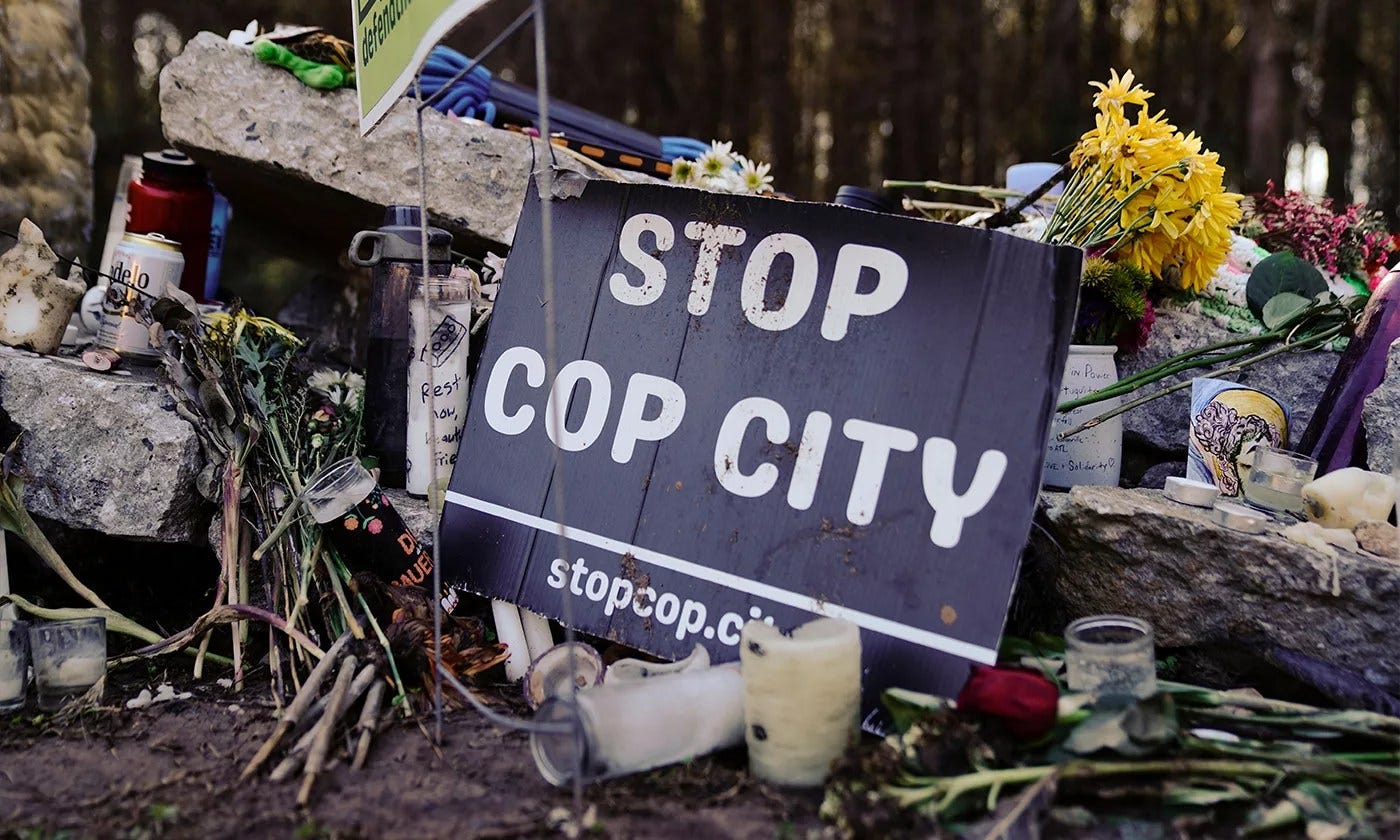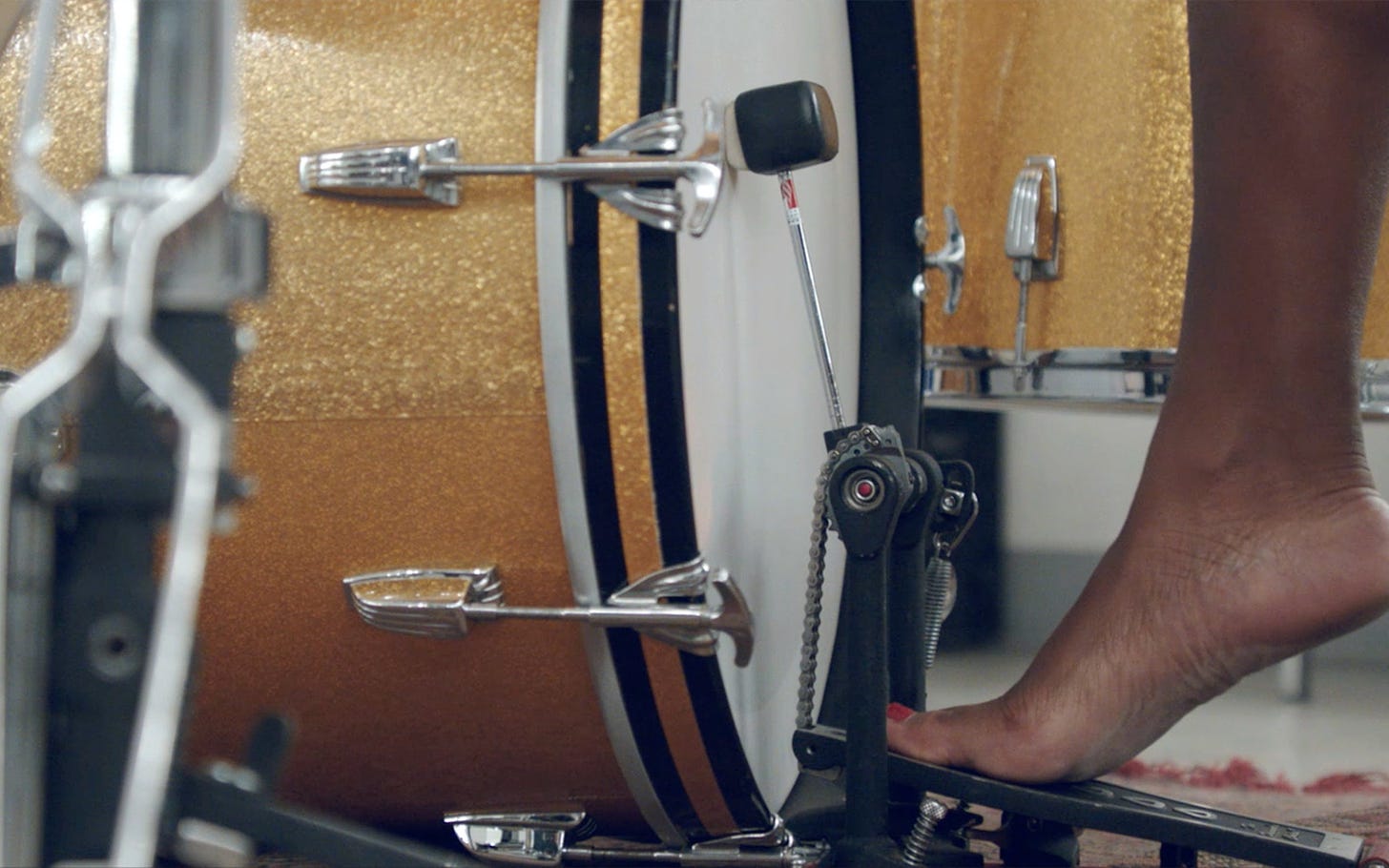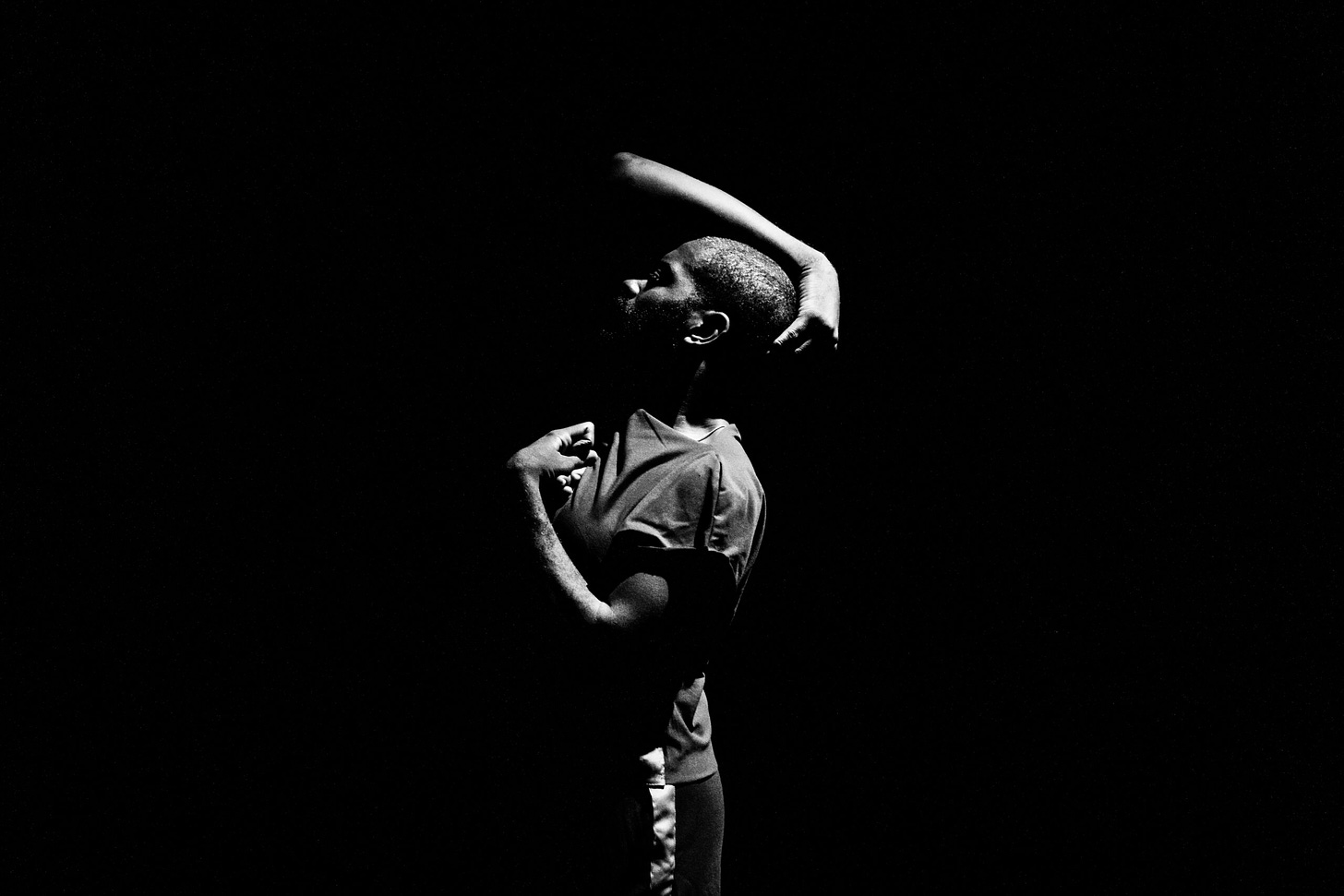Crip News v.128
New works, "Disability Justice," other news, calls, and events. Thanks for being here.
NEWS
New Works
Ruby Solly’s visual poem “Risk” “explores whakapapa and the journey of trying to become a new parent as a queer, disabled wāhine Māori.”
Some new books are out:
A German children’s book, Als Ela Das All Eroberte by Raúl Krauthausen & Adina Hermann, follows a wheelchair-using girl pursuing her dreams of becoming an astronaut.
Margaret Price’s Crip Spacetime: Access, Failure, and Accountability in Academic Life from Duke University Press “intervenes in the competitive, productivity-focused realm of academia by sharing the everyday experiences of disabled academics.”
In Disability Worlds, also from Duke, Faye Ginsberg & Rayna Rapp “chronicle and theorize two decades of immersion in New York City’s wide-ranging disability worlds as parents, activists, anthropologists, and disability studies scholars.”
Disability scholar Tom Shakespeare writes about the process behind his recently-released novel, The Ha-Ha, featuring a disabled lead who isn't "tragic, or evil, or a super crip.”
Sarah Browne’s Buttercup, up at Sirius Art Centre (County Cork, Ireland) through June 8, was developed with disabled consultants and uses family portraiture to explore “implicit hierarchies, from gendered forms of labor to interactions with disability and the allocation of autonomy or freedom.”
Melbourne-based investigative reporter Zacharias Szumer recently did a deep dive into Mable, a company called “the Uber of care work,” and the “spurious arguments” it used to seek exemption from new reforms to protect gig workers.
WGBH’s Meghan Smith recently reported on efforts to get disability history into more U.S. classrooms, like the disability history curriculum developed by Emerging America and Reform to Equal Rights.
For Cripple Media, Olivia Murphy writes about Kaylee Bays, the first wheelchair user on So You Think You Can Dance.
“Disability Justice”
Every so often, I report on some of the corners of the internet where I notice this term is appearing. Here are some recent findings:
Marianne Dhenin published “Cop City Is a Disability Justice Issue, Too” in YES!
Organizers in India have released a “Charter of Demands: Call to Action for Disability Justice,” with constitutional amendments, new national organizations, data, and funding.
Last year, the Ford Foundation awarded $200,000 to PeoplesHub “for capacity building as it relates to disability justice” through August 2025.
Australia has released a 10-year Disability Strategy (2024-2033) and First Action Plan (2024–2026), including a group of advisors, the Disability Justice Reference Group.
Last month, Disability Rights UK and Inclusion London held an introductory meeting about a new project “focused on changing the funding landscape for disability justice.”
Jesenia, Producer with Calling Up Justice, published a thorough reflection on the US Gender & Disability Justice Alliance Convening that took part earlier this year.
The history of disability rights and justice features prominently in Astra Taylor and Leah Hunt-Hendrix’s Solidarity: The Past, Present, and Future of a World-Changing Idea, including in a long-form essay in The Guardian that was adapted from the book.
The Disability Support Services office at Diablo Valley College in California produced a timeline of Disability Justice in a recent exhibition at the College’s library.
A recent article on comprehensive public transport planning for disabled riders by Bianca Gonzalez is the latest in Next City and Prism’s “Disability Justice for All” series.
In Other News…
For The New Internationalist, Maxine Betteridge-Moes reports on Gazan para-cyclists who have pivoted from preparing for the 2024 Paris Games to deliver aid on bikes around the Gaza Strip.
Detroit Disability Power and Warrior on Wheels have teamed up for the Fund Disabled Detroiters campaign, which aims “to persuade Mayor Mike Duggan’s administration and Detroit City Council to devote more resources for people with disabilities.” The campaign runs through this month.
NASA Citizen Science is revisiting a nearly 100 year-old eclipse study that showed that animals and insects are affected by solar eclipses by inviting the public to submit “multi-sensory observations and recorded sound data” from last week’s solar eclipse. The Eclipse Soundscapes Project widens the proverbial lens on the intensely visual experience of the solar eclipse.
The University of Washington’s Office of the ADA Coordinator is running the Disability Allyship 26-Day Challenge with “daily doses” of “anti-cure,” one for each day of the 1977 504 Sit-in (April 5 - April 30).
CALLS
The People’s CDC is seeking signatures from public health experts, including disability advocates, on a letter to CDC Director Mandy Cohen telling her to reinstate science-based COVID isolation guidelines. More here.
The Spoonie Uni Project is fundraising for 2 disabled BIPOC organizers in need. More here.
DaDa Fest published a round-up of some UK-based job openings.
EVENTS
Alison O’Daniel: Are You Listening? Series
Friday, April 19 & Saturday, April 20, 7pm CT, in-person at Walker Art Center (Minneapolis)
Screenings of Compensation by Zeinabu irene Davis and Code Unknown by Michael Haneke, with introductions from artist Alison O’Daniel.
Temporary Body: A Jerron Herman Performance
Saturday, April 20, 1pm & 5pm ET, in-person at Cooper Hewitt (NYC)
Join us for an original dance performance by writer and dancer Jerron Herman, in which he will engage and respond to the historic Carnegie Mansion, Cooper Hewitt’s home. The performance will travel through several galleries on the first floor of the museum and attendees will be encouraged to interact with the performance piece by writing on the performer’s garment, designed by fashion designer Sughanda Gupta. Soundscape design by composer and vocalist Molly Joyce. Co-produced by INTERIM Corporation. Created with inspiration from the current exhibition An Atlas of Es Devlin, this performance will explore themes of the body, writing and sketching, and collaboration.
Art & Language Justice in Disabled Communities
Wednesday, April 17, 6:30pm ET, online and in-person (NYC)
Art, poetry, performance, and language comes together in this online panel featuring writer Shayda Kafai, poet Kay Ulanday Barrett, organizer Lorenzo Van Ness, and performer Maria Palacios. Delving into the role of language in creating inclusive spaces, fostering understanding, and promoting disability justice, alongside the power of arts and performance in doing the same, this panel of prolific artists and trailblazers in the realm of disability justice come together to illustrate the impact of the arts in fostering a just and equitable world.
Kinetic Light’s Access ALLways: Access as Creative Practice
Tuesday, April 16, 1 - 4pm ET, online, $60 - $2000
This ALLways session is a three hour participatory workshop all about the creative and generative possibilities of disability in artistic practice. This session is ideal for artists in professional practice who are actively committed to accessibility in their creation and rehearsal process or in performance, and for arts organizations and presenters who are supporting creation and production.


